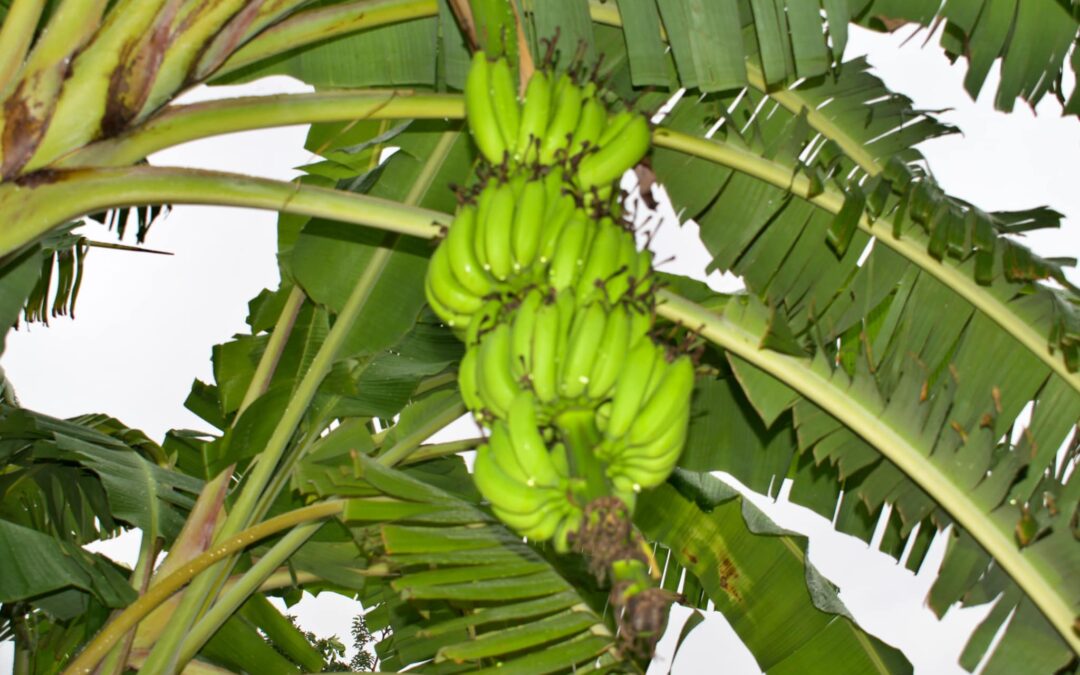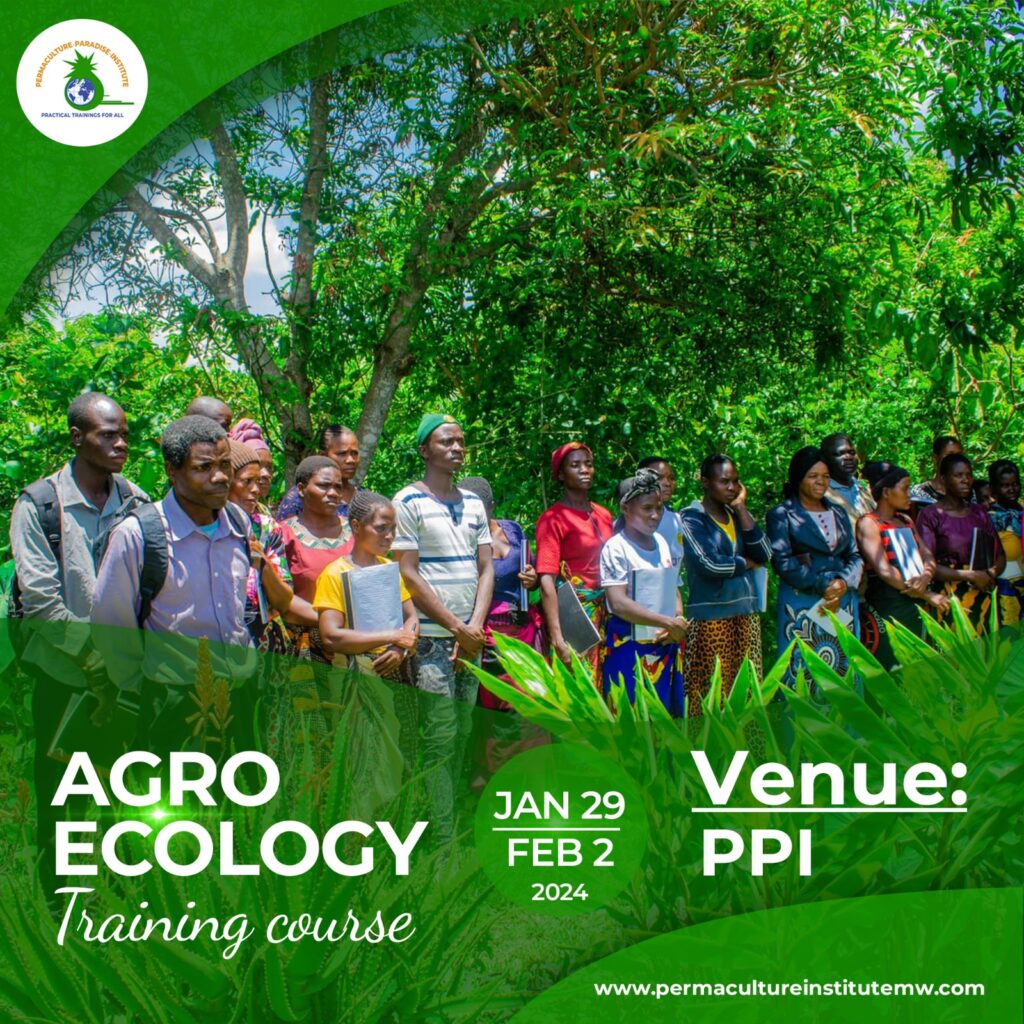In the heart of Malawi, where the land is both a source of sustenance and a battleground against nature’s whims, lies a beacon of hope amidst adversity—the Permaculture Paradise Institute. As the country grapples with a tumultuous agricultural season, marked by erratic rains and soaring costs, this institute stands as a testament to resilience and innovation in the face of crisis.
Across the nation, farmers have long been tied to the belief that maize reigns supreme as the ultimate staple, and synthetic fertilizers are the sole saviors of their crops. Yet, this mindset has perpetuated a cycle of dependency and vulnerability, leaving communities at the mercy of unpredictable weather patterns and economic fluctuations.
However, nestled within the challenges, a paradigm shift is emerging. The Permaculture Paradise Institute defies convention, offering a vision of abundance through diversified food systems and sustainable methodologies. While traditional farms struggle with dying crops and financial constraints, these permaculture havens showcase a different reality—a tapestry of thriving vegetation, rich biodiversity, and resilience.
Amidst the hardships of the rainy season, where parched fields spell despair for many, these institutes stand as oases of possibility. They illustrate a world where monoculture gives way to diverse crops interwoven in harmonious patterns, where the soil teems with life nurtured by natural systems rather than artificial inputs.
What sets these paradises apart is their adherence to agroecological practices, steering clear of synthetic fertilizers and harmful chemicals. Instead, they embrace nature’s wisdom, employing methods that not only sustain but regenerate the land. The result? Abundant harvests that aren’t just about sustenance but about building resilience against the unpredictable.
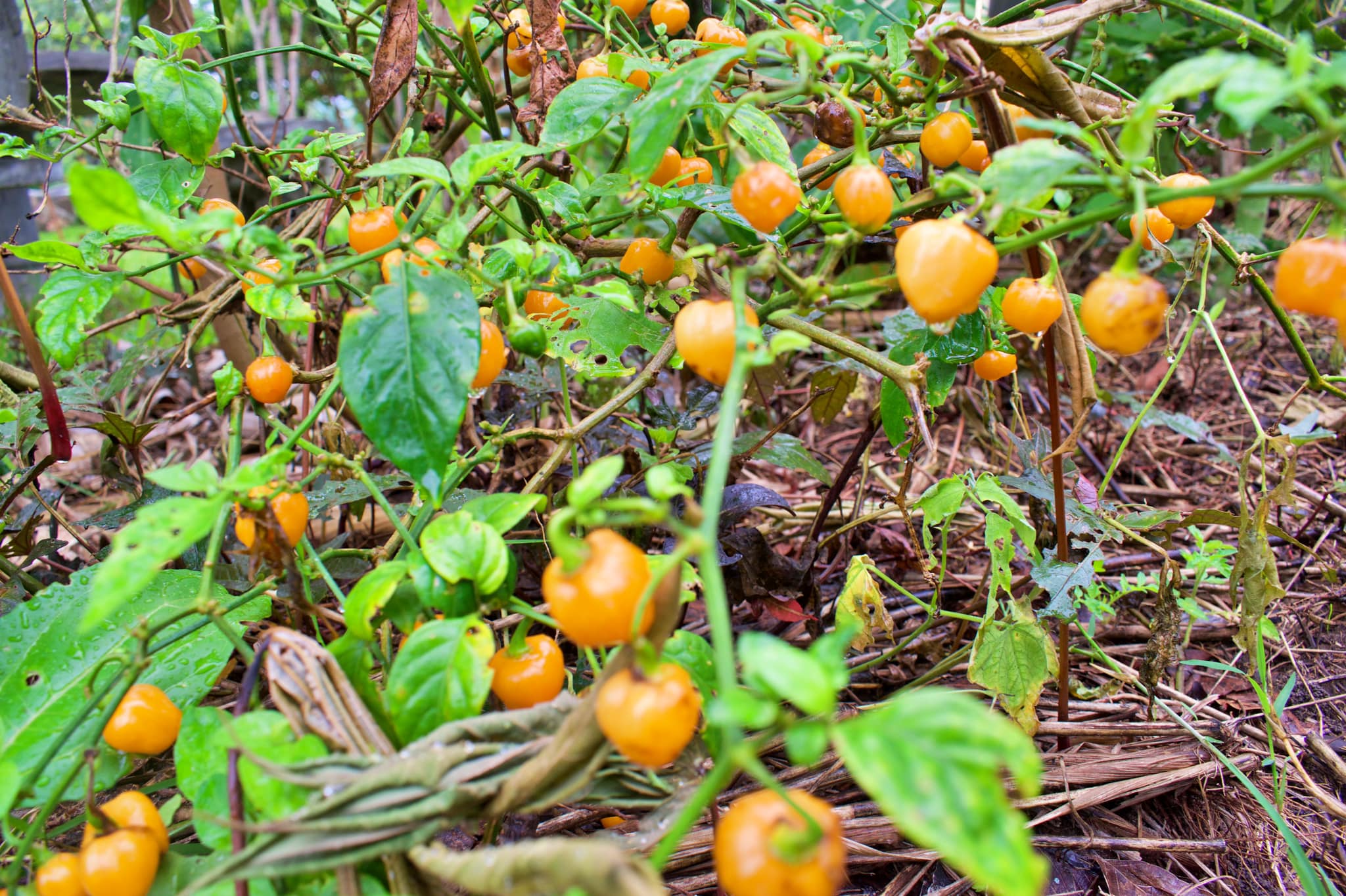
Moreover, the Permaculture Paradise Institute champions a decentralized approach, respecting the autonomy and dignity of Malawian farmers. It empowers communities to become stewards of their own land, offering them the tools and knowledge to manage self-sustaining systems that thrive even in their absence.
As the year 2023 draws to a close, these glimpses from the Permaculture Paradise Institute serve as a rallying call—a call to reimagine Malawi’s agricultural landscape. They beckon us to challenge entrenched beliefs, embrace diversity in our fields, and nurture ecosystems that not only feed us but heal the land.
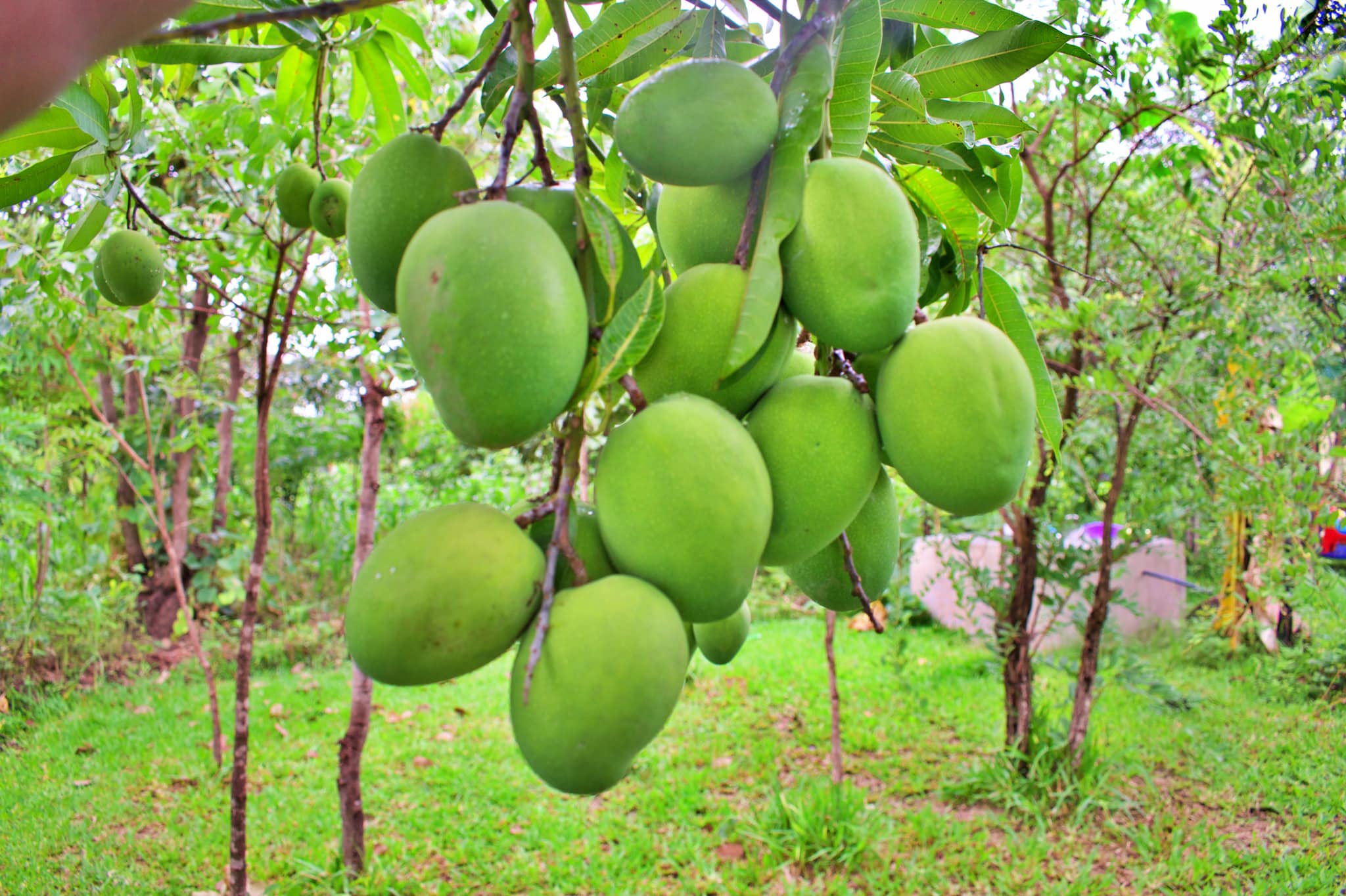

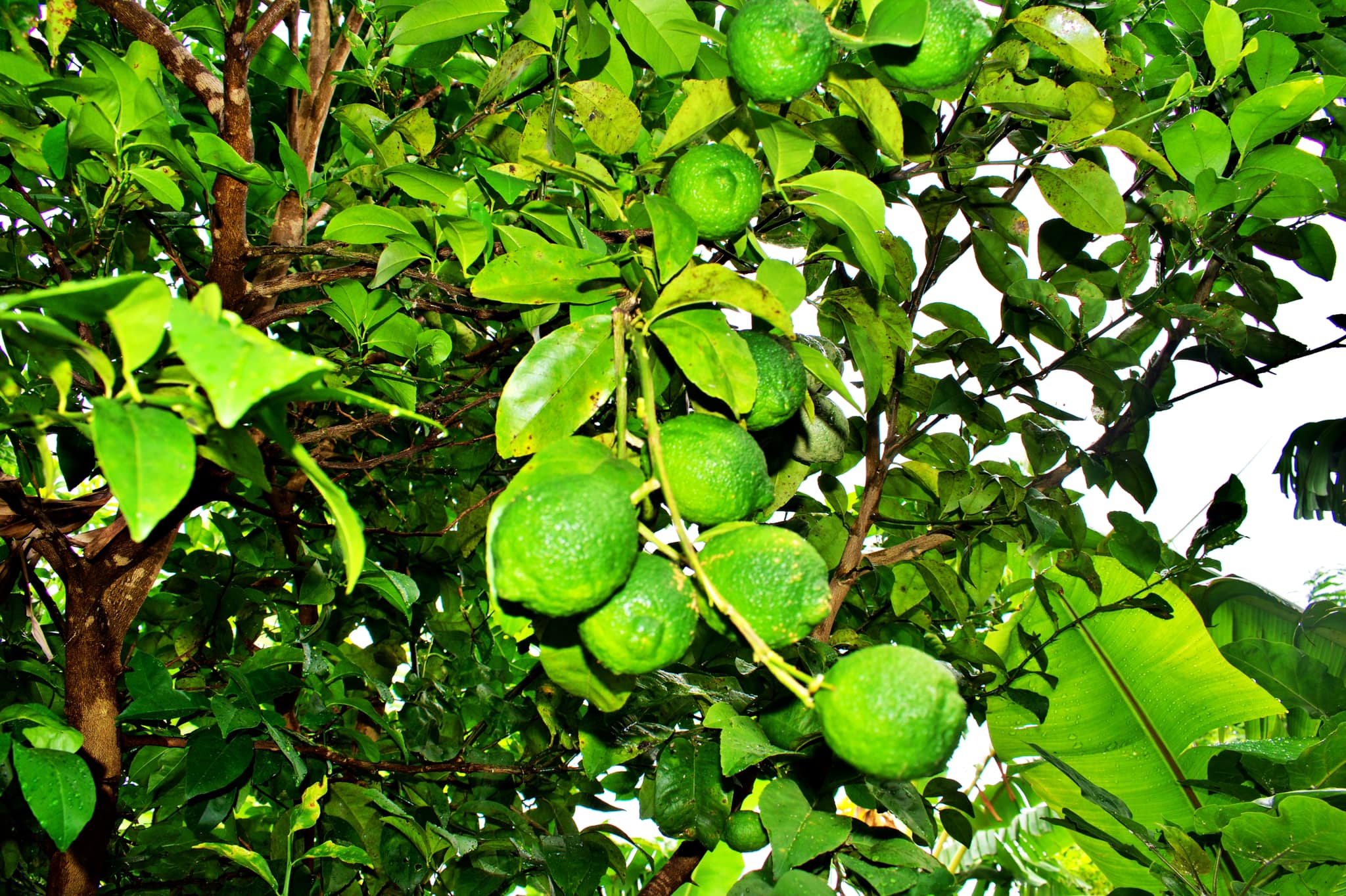
The path to a new Malawi, one where food security isn’t a distant dream but a tangible reality, begins with these paradises. They showcase not just a different way of farming but an ethos—an ethos of coexistence, sustainability and abundance. It’s a vision that beckons us to join hands and co-create a future where nature and humanity thrive in harmony—a paradise reborn amidst the challenges of today.

